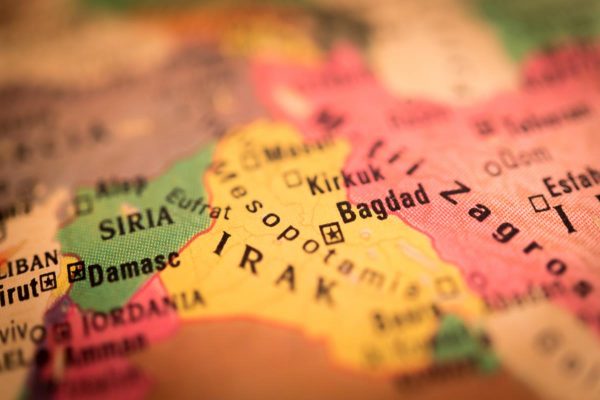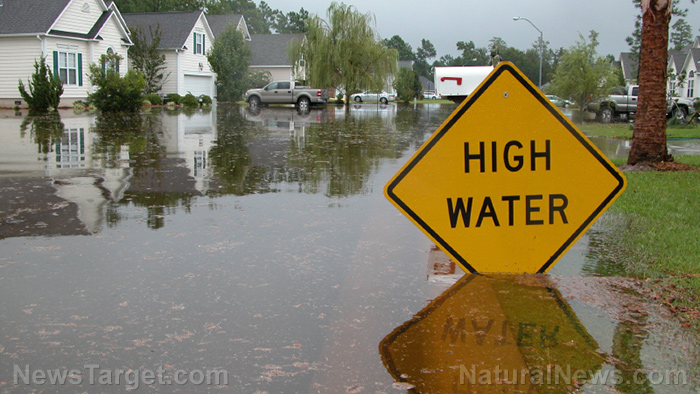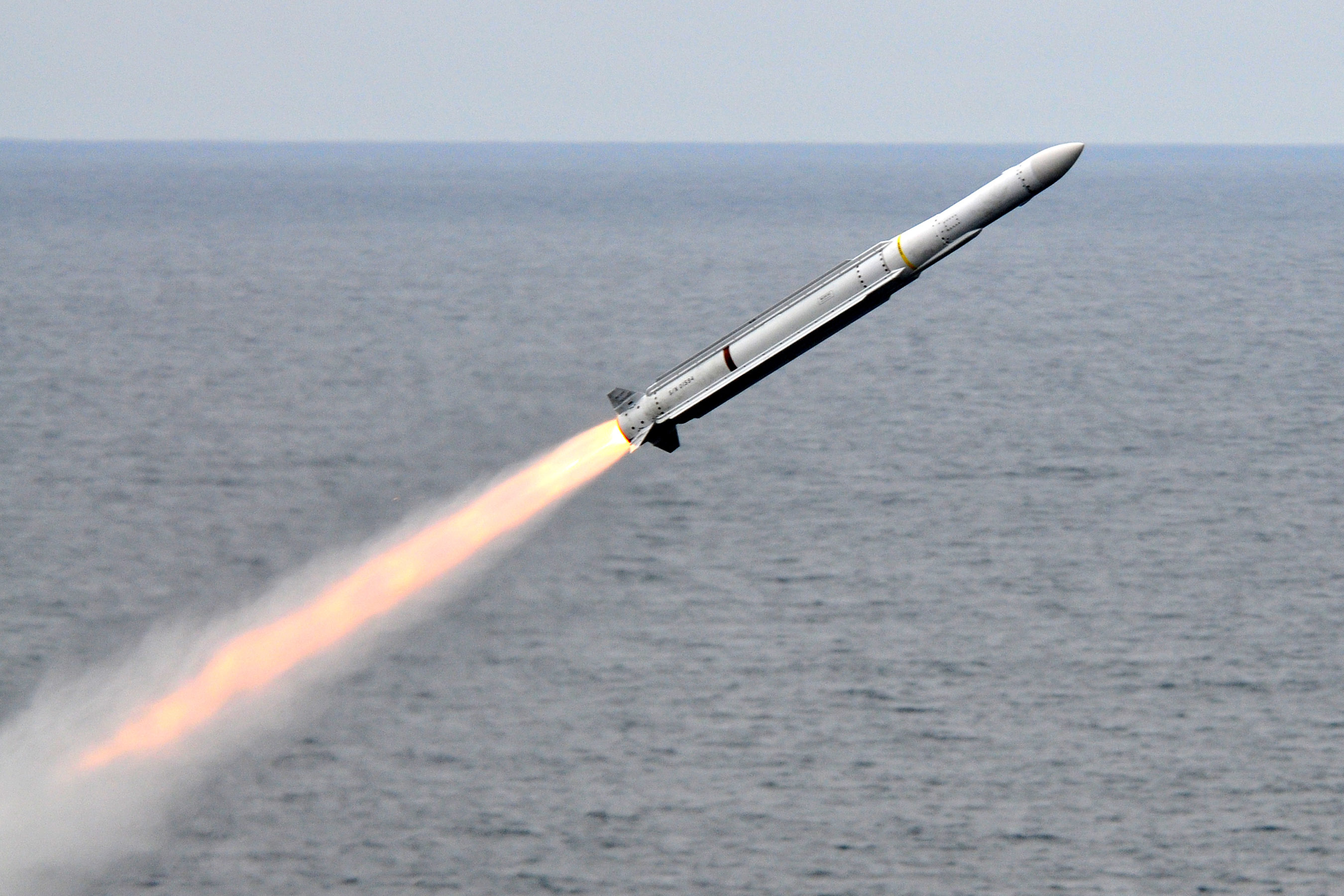 Parler
Parler Gab
Gab
Iran denies involvement in the attack
U.S. Central Command said in a statement: "While we are still gathering the facts of this attack, we know it was carried out by radical Iran-backed militant groups operating in Syria and Iraq.” However, Iran has denied involvement in the attack, and the Islamic Resistance in Iraq has claimed responsibility for it. The coalition contains multiple militant groups that are believed to be backed by Iran. Iranian Foreign Ministry Spokesman Nasser Kanaani said that Tehran was “not involved in the decision making of resistance groups,” while Iranian Intelligence Minister Esmail Khatib maintained that the regional armed groups that are aligned with Tehran can respond to “American aggressors” however they see fit.Major escalation as U.S. promises to retaliate
The incident represents a considerable escalation of the growing tensions in the region and could usher in the type of broader conflict that many around the world feared would be inevitable when the fighting began between Israel and Hamas. The U.S. has vowed to retaliate, with President Biden saying that the country “will hold all those responsible to account at a time and in a manner of our choosing.” White House National Security Spokesman John Kirby has said that the U.S. will pursue a “very consequential” response but is not looking to engage in a broader war with Iran. There have been around 165 attacks on American and coalition forces in the Middle East since October 17 and six since Friday alone, including the drone attack on Sunday and a multi-rocket attack that targeted Patrol Base Shaddadi in Syria. The U.S. has also been contending with the Iranian-backed Houthi rebels in Yemen, who have been carrying out attacks on commercial shipping in the Red Sea that are causing major disruptions to international commerce. Kirby told CNN that while they are still trying to determine which specific group is responsible, they do believe that it was a militia group backed by Iran that was supported by Kataib Hezbollah. He also pointed out that although this was the first deadly attack, it is important to remember that past attacks also aimed to kill Americans. He said: “This one had lethal consequences in ways that previous ones didn’t, but that doesn’t mean that the intent of the previous attacks weren’t also lethal; it’s just that we were able to defeat them.” Sources for this article include: RT.com BBC.com CNN.comHistoric California flooding KILLS 3, keeps 38M under flood alerts
By Kevin Hughes // Share
Gov’t watchdog: U.S. taxpayers funded $2M worth of research in Wuhan
By Ava Grace // Share
Russia: U.S.-made missile used to SHOOT DOWN plane carrying Ukrainian POWs
By Ava Grace // Share
Show of force: U.K. announces test-fire of Trident 2 nuclear missile
By Ava Grace // Share
Governments continue to obscure COVID-19 vaccine data amid rising concerns over excess deaths
By patricklewis // Share
Tech giant Microsoft backs EXTINCTION with its support of carbon capture programs
By ramontomeydw // Share
Germany to resume arms exports to Israel despite repeated ceasefire violations
By isabelle // Share










